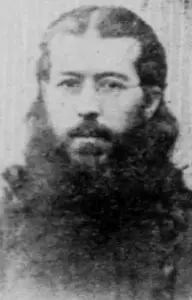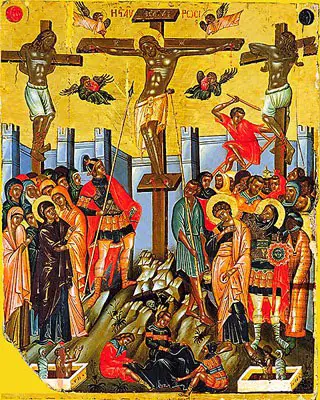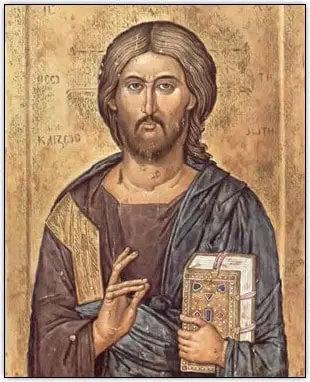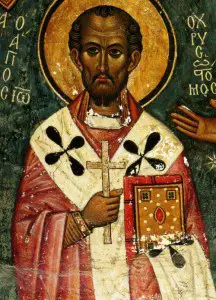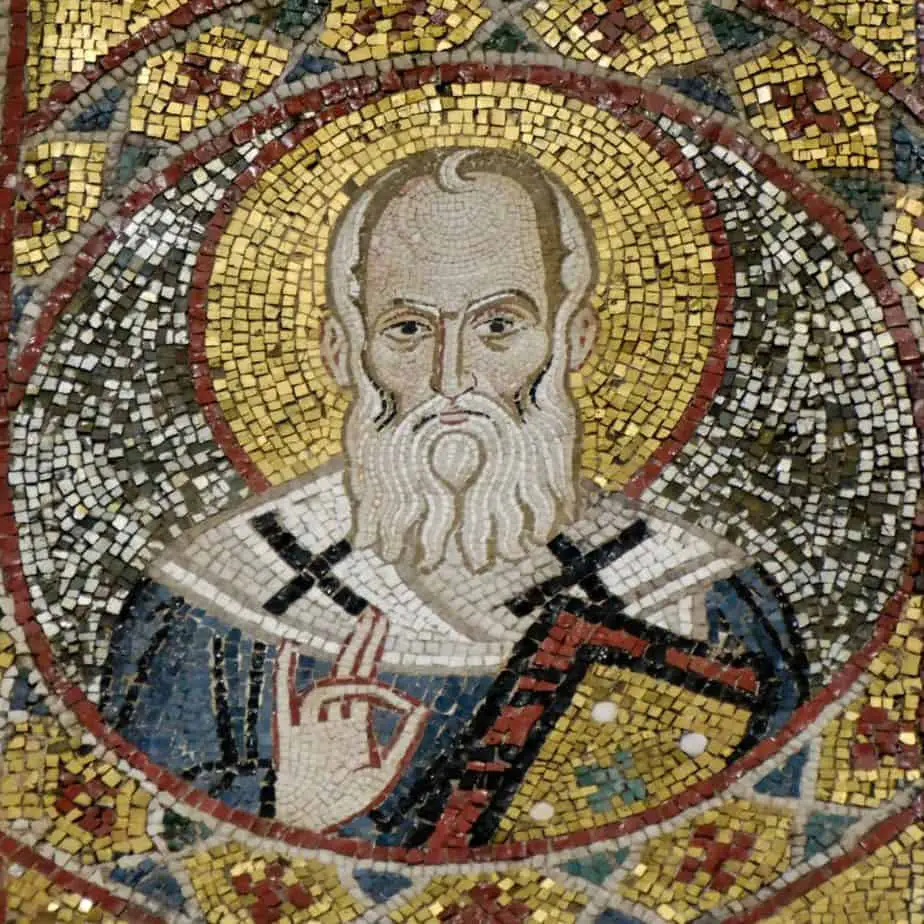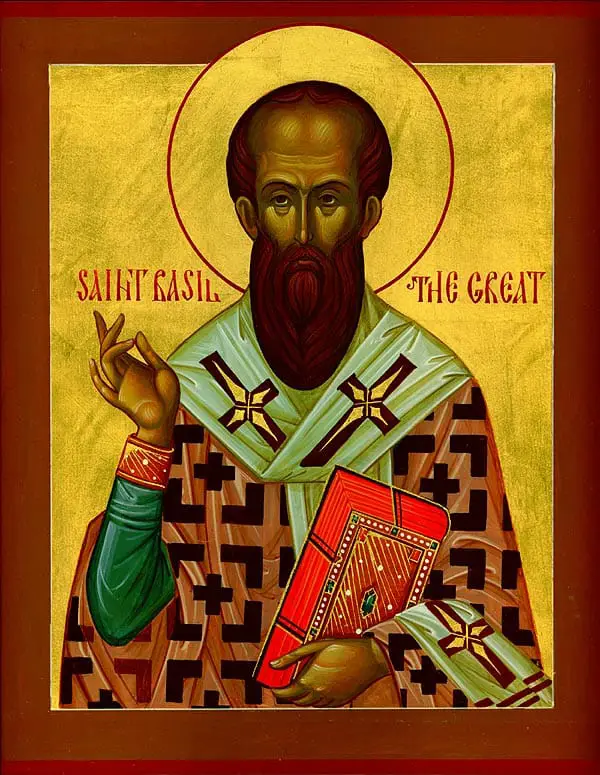St. Sebastian Dabovich: The land of the Gadarenes was a place favored by the legion of darkness. . . .
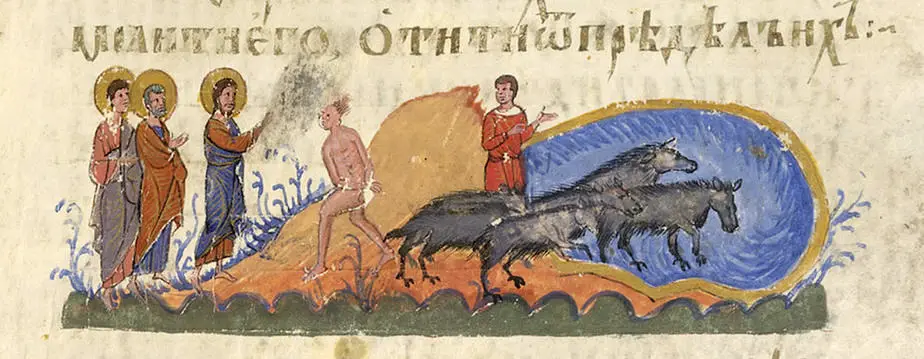
“The land of the Gadarenes was a place favored by the legion of darkness. The people disobeyed the law of Moses, if not by using as food the flesh of swine, then by keeping swine for commerce. These people were ungrateful, malicious, and mercenary. When the Lord Jesus Christ delivered the two possessed with devils, and the people lost their herd of many swine, they did not think of the sin of breaking the law, nor did they even wonder at the pity shown by the great Miracle-Worker, but they came out, in a matter of fact way, and besought Jesus that he would depart from their borders. My dear brethren and sisters, let us look to ourselves, that for the appetites of the flesh, the pleasures of frivolous society and false philosophy, and that for gain and business, we lose not Jesus, our Saviour, and fall a prey to the adversary of our eternal salvation. Amen.”
+ St. Sebastian Dabovich, The Lives of Saints: With Several Lectures and Sermons [hard-copy book] | [read online], “Sunday for the Fifth Sunday after Trinity”

